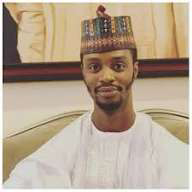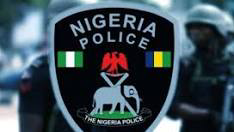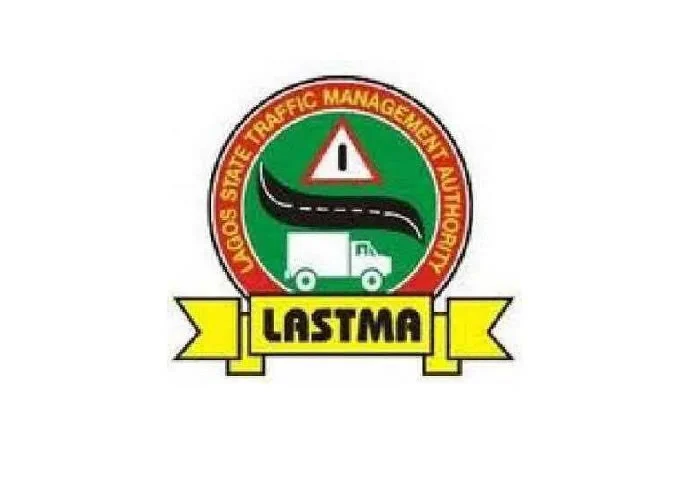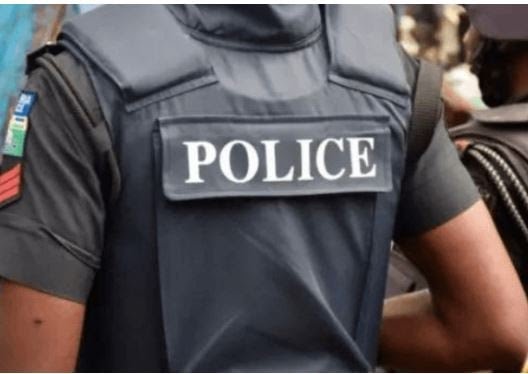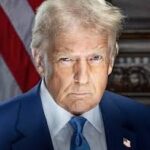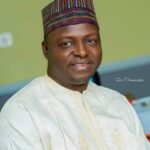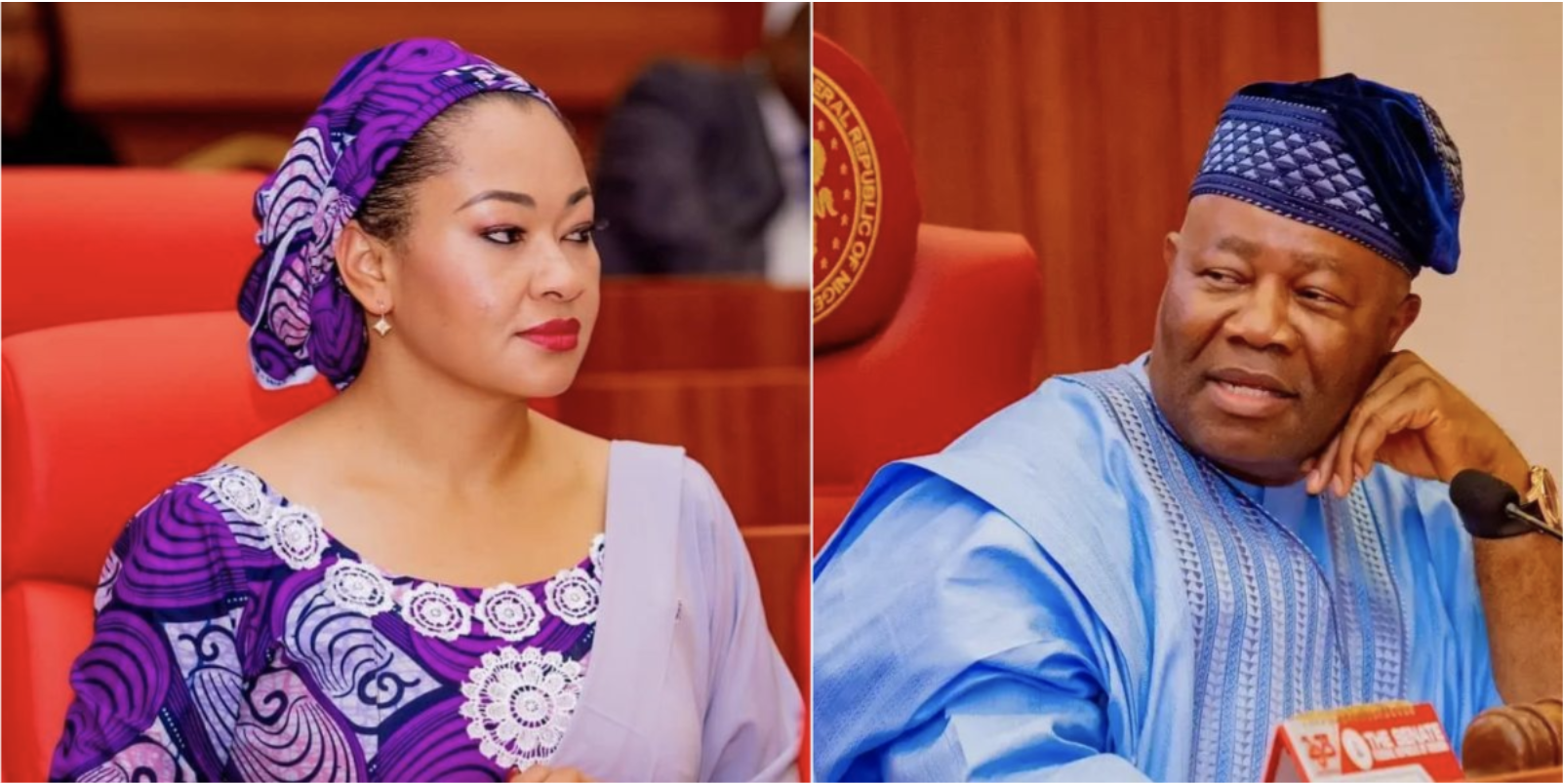Teardrops for Shehu Iyal, ‘Captain of the Federal Republic’”
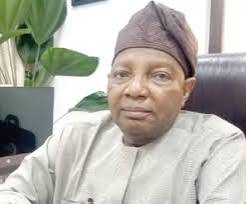
It was not the sort of news one anticipated, as it arrived on the wings of the evening zephyr of Thursday, May 15, 2025.
The opening months of the year had been sufficiently dismal, marked by the grievous and untimely departures of esteemed colleagues with whom we had served in the administration of former President Olusegun Obasanjo.
The ranks of “alumni” of principal officers from that era had been diminished this year alone by the eternal departures of distinguished members. Major General Christopher Jemitola, who served as aide-de-camp to Obasanjo during his second term, and Dr. Doyin Okupe, the first of three media advisers to the former President, had passed away in quick succession during the months of February and March.
Yet here, on the telephone, was Oladimeji Jimoh, a technician who managed heavy-duty appliances for the affable Captain Shehu Usman Iyal and myself, conveying the unsavory news of his passing.
Iyal and I first crossed paths in the nascent days of the political maneuverings that led to Olusegun Obasanjo, Nigeria’s former military Head of State, emerging as the presidential candidate of the Peoples’ Democratic Party (PDP). His aviation enterprise, Dana Afri-Air International Ltd, was responsible for flying Obasanjo across Nigeria during arduous meetings with influential figures, engagements with various political factions, and discussions with diverse groups leading up to the party’s primary and the subsequent presidential election. Iyal’s Afri-Air provided the 19-seater Dornier 228 turbo-prop airplane that we traveled in between October 1998 and February 1999, when Obasanjo was elected President.
As Obasanjo’s campaign media attaché, I accompanied him wherever he ventured, managing a lean team that comprised a photographer, Tumo Ojelabi, and a videographer, Taiwo Akinyemi, who journeyed alongside us.
Traveling together in that modest aircraft over days, weeks, and months fostered unity. As the unmistakable regulars on each journey, we became a close-knit group working on the same project with a shared resolve.
Apart from Obasanjo, there were Otunba Oyewole Fasawe; Chief Tunde Osunrinde; Dr. Femi Majekodunmi; Ad’Obe Obe; Tokunbo Adeola; Bodunde Adeyanju; Andy Uba; Onukaba Adinoyi-Ojo, among others.
Iyal’s unwavering commitment to the Obasanjo presidential project was evident in his decision to accompany us throughout the campaign trail, rather than remain in the comfort of his office.
He diligently ensured operational fluidity and shared his diverse experiences with his pilots.
Upon Obasanjo’s inauguration as President, Commander-in-Chief on May 29, 1999, Iyal was appointed Special Assistant to the President on Aviation Matters. Although there was an Aviation Minister and a Commander for the Presidential Air Fleet (PAF), Obasanjo often sought second opinions on issues.
Similarly, Obasanjo benefited from the collective wisdom of retired, senior military officers who served in his administration.
Generals Theophilus Yakubu Danjuma and Aliyu Mohammed Gusau, for instance, were both former Chiefs of Army Staff (COAS). Abdullahi Mohammed was the pioneering head of the defunct Nigeria Security Organisation (NSO).
These distinguished and decorated military icons were readily available to dissect issues with the President. Such was the multilayered, experiential resources from which Obasanjo drew in numerous sectors.
As the Obasanjo administration settled into its stride, his appointees, who were accommodated in hotels for several months, were eventually allocated residences, primarily in housing estates.
By providence, Captain Iyal and I found ourselves in the same estate in Maitama District, Abuja. Our colleagues from the State House who resided in the same estate included Dr. Gbolade Osinowo (of blessed memory); Handel Okoli; Tokunbo Adeola; Ajuji Ahmed; and Ambassador Baba Gana Zanna, Director of Protocol to the Vice President.
It soon became necessary to appoint an estate chairman to coordinate common services, principally security and sanitation, within the estate. At our first meeting, Iyal nominated me for the position. Given that there were 13 houses in our compact estate, the consensus was that the role would rotate annually.
When we convened a meeting to implement change after a year, Iyal suggested that I had performed admirably and should continue in the role. I suspected he took advantage of my status as the youngest landlord in the estate, whom he fondly referred to as his “junior brother.” And thus, I served as Chairman of the estate for over two decades!
I shared a special bond with Captain Shehu Iyal. We traversed the globe with President Obasanjo as he endeavored to elevate Nigeria’s name on the global stage after years of military rule had strained the nation’s relationships and perceptions worldwide.
We exchanged jokes and banter in our corners of the presidential jet. Our relationship flourished when he discovered I was born in Kaduna, the capital of the former North Central State, his home state.
He hailed from the historic city of Zaria, known for hosting one of Nigeria’s largest concentrations of educational institutions within a single city. Iyal and I were never at a loss for topics to discuss. Iyal attended the renowned St. Paul’s College, Kufena, Zaria, an Anglican school, despite his Muslim background.
The realization that my brother, Dr. Toba Olusunle, attended the same institution years after Iyal graduated, brought us even closer. Having adopted me as his younger sibling, I deferred to him, being evidently younger.
His cultivated, cosmopolitan demeanor became more apparent to me after these revelations. The mystery surrounding his liberal outlook began to unravel as I pieced together aspects of his character. His profession as an aviator would have exposed him to diverse people and cultures. Captain Iyal was fond of dialogue.
He would invite me for dinner, and our meetings would evolve into robust discussions, typically concerning current affairs and the state of the nation. He “conferred” a doctorate upon me before I eventually earned one, often addressing me as Mallam Tunde, PhD English, due to his perception of my grammatically elevated perspectives. We would both laugh.
I reciprocated by serenading him as Captain of the Federal Republic (CFR)! Iyal, incidentally, never served spirits or liquors in his home, although he occasionally indulged me, especially when I feigned an inability to articulate my thoughts without a tot or two.
He seemed to have a fondness for journalists and counted many friends among us. A casual visit to his home would likely reveal the presence of Steve Itugbu, Yomi Odunnuga, or Henry Ugbolue, all seasoned media practitioners. He trusted our analytical objectivity.
Captain Iyal included me on the inaugural British Airways direct flight from Nnamdi Azikiwe International Airport (NAIA), Abuja, to London Heathrow Airport (LHR) back in February 2001. Segun Runsewe, my friend and former Director-General of the National Council for Arts and Culture (NCAC), was on the same journey.
This innovation by BA, which has persisted into its 25th year, has alleviated the hassles, troubles, and traumas of travelers who previously had to catch local flights from Abuja to Murtala Mohammed International Airport (MMIA), Lagos, before connecting to London.
He had great faith in my ability to derive authorial capital from situations and experiences with my pen, even when others struggled to find that elusive pin in a haystack. His generosity of spirit knew no bounds.
When yuletide hampers arrived for him, he would typically invite me to his home to select my choice from a plethora of gifts, boxes, and baskets.
Iyal, who would have celebrated his 70th birthday this year, was an alumnus of Ahmadu Bello University (ABU), Zaria. He received training from some of the world’s premier flying schools, beginning with the iconic Nigeria College of Aviation Technology (NCAT), Zaria. He was certified as an assistant flying instructor at Rogers Aviation, Belford, United Kingdom, and amassed four full decades in the cockpit, classroom, and administrator’s desk, all within the aviation ecosystem. He was knowledgeable, immensely articulate, and never shy of facing the cameras and recorders of inquisitive journalists seeking information on the state of the aviation industry. He once served as a Board Member of the Skyway Aviation Handling Company Ltd, providers of ground handling services. He also led the aviation committee of the National Hajj Commission of Nigeria (NAHCON), responsible for the safe and seamless transport of Nigerian pilgrims to Saudi Arabia for years.
Captain Shehu Usman Iyal, who was rightfully honored with the esteemed national accolade of Officer of the Order of the Niger (OON) for his contributions to national development, was a true gentleman. He would typically escort his guests to their cars or homes, as he did when we resided in the same housing estate. This was the same courtesy he extended to visitors at the serviced apartment he occupied in Abuja in recent years. He will be sorely missed for his inquisitiveness, laughter, smiles, and boundless capacities as an exemplary brother and host. He passed away in Lagos on Thursday, May 15, 2025, and his remains were flown to Zaria, his birthplace, early the next day, Friday, May 16, for interment. May his soul rest peacefully in the bosom of the Most High God.
Olusunle, PhD, Fellow of the Association of Nigerian Authors (FANA), is an Adjunct Professor of Creative Writing at the University of Abuja.


